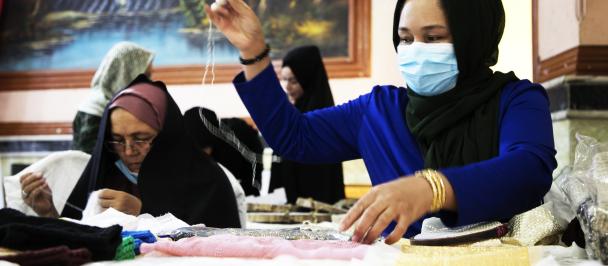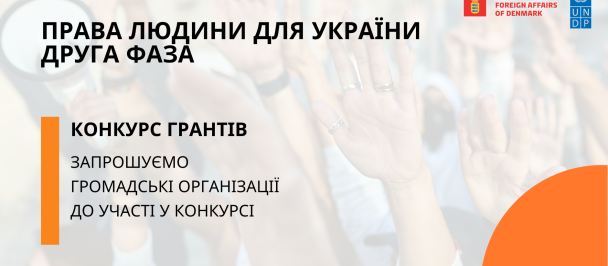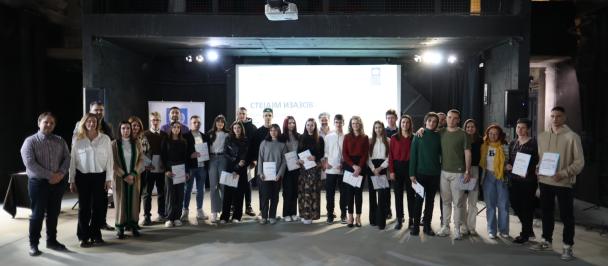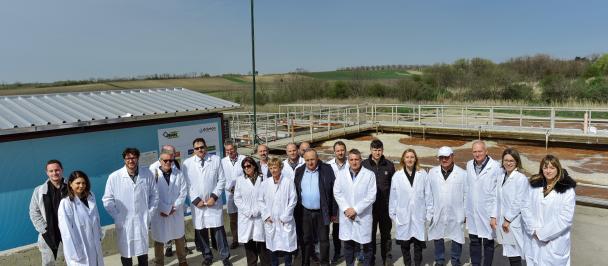within the framework of the initiative: “Social Innovation Platform for Sustainable Food Systems at Subnational Level in the Southern Border Provinces"
National Call for Proposal for Grant Submission by NGOs/CSOs in Acceleration of Responsible Consumption and Production in Local Food Systems in the Southern Border Provinces of Thailand
June 21, 2022
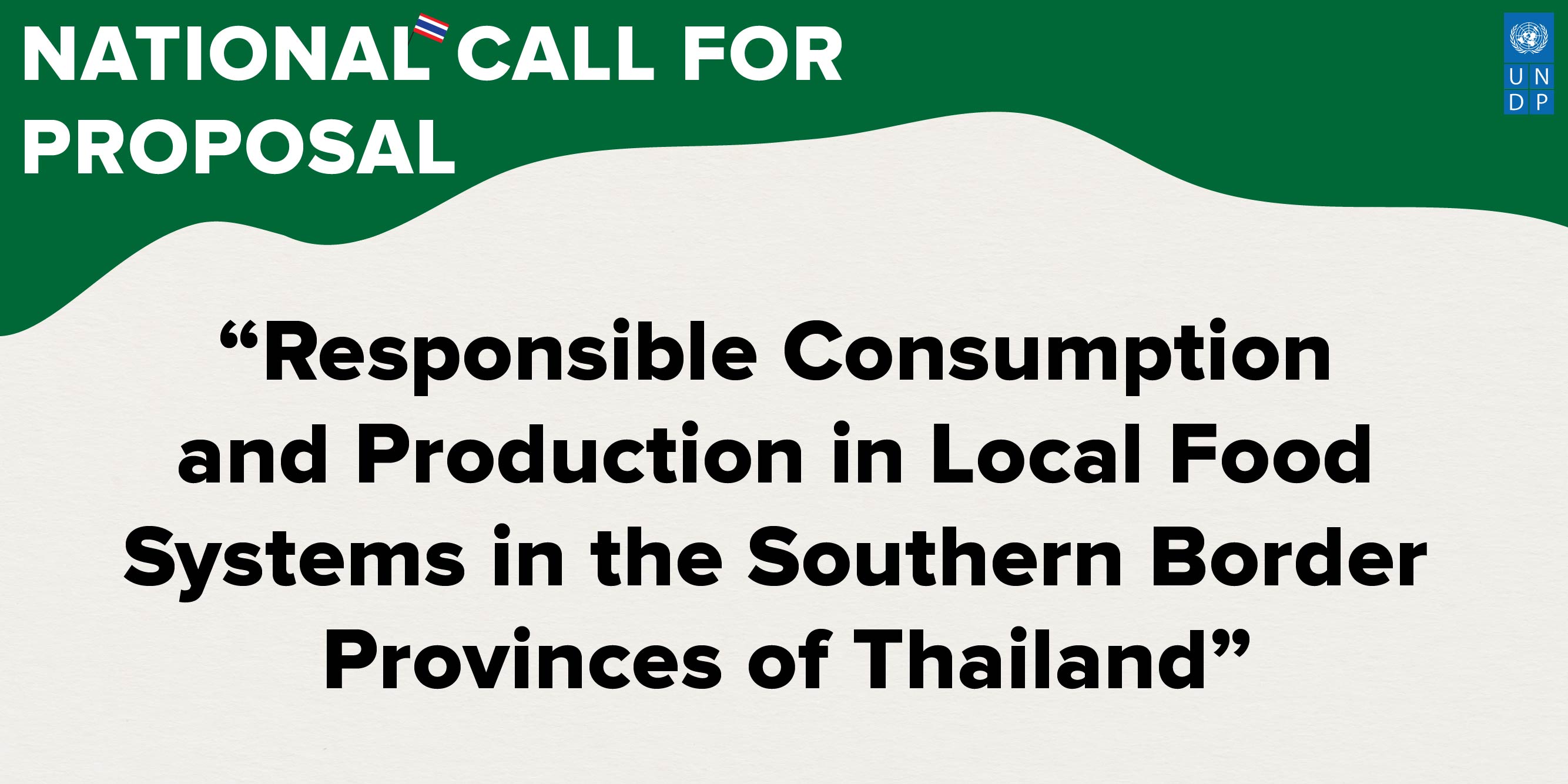
A. BACKGROUND
United Nations Development Programme (UNDP) is the United Nations' lead development agency, working to support countries’ endeavors towards achieving the Sustainable Development Goals (SDGs). In Thailand, UNDP is working with the Royal Thai government, civil society, national partners, and the Thai public to find solutions to emerging and persistent development challenges.
Going beyond traditional community participation and consultation mechanisms, UNDP in collaboration with Agirre Lehendakaria Center for Social and Political Studies (ALC) and local partners since 2020 has been facilitating an active listening process in the Southern Border Provinces (SBPs) to gain insights into deeper social, economic, cultural and environmental dynamics experienced by local communities. Bringing together a diverse set of key stakeholders including artists, activists, civil society, academics, youths, farmers, fisher folks, government and companies, the listening facilitated the reexamination of real-time challenges and opportunities and the identification of priority areas of investments. Listening, combined with sense-making exercises, is harnessing collective intelligence for the co-creation that results in an extensive portfolio of investment prototypes that interconnects multiple development issues
It is statistically apparent that the southern border region’s development is regressing in all dimensions including poverty, health, education, and inequalities. Diving deep in community narratives, the active listening has identified food and agricultural sector as both significant barriers and windows of opportunities to accelerate the progress in livelihood, poverty and inequality reduction, and social cohesion in the region. As the health crisis impacts individuals differently, the most vulnerable and at-risk groups are slipping further behind, and inequalities are pushed to new heights. It, in turn, represents significant challenges for the SBPs to safeguard progress achieved towards the SDGs. Therefore, it is critical to adopt an inclusive, gender-sensitive, and human rights-based approach to short-term crisis response and promote whole of society and whole of government approach to long-term transformation.
As part of the UN system, UNDP offers technical and financial assistance to tackle complex development challenges at subnational level in the southern border provinces, to strengthen the local integrated governance, ensuring no one is left behind while safeguarding the progress achieved towards the SDGs. Through the initiative on ‘Social Innovation Platform for Sustainable Food Systems at Subnational Level in the Southern Border Provinces (hereafter referred as “the SIP Southern Thailand Initiative”). UNDP aims to shift from single-point solutions and linear projects to an open innovation platform (variety of actors, methodologies, and interconnected actions) that is holistically framed by the principle of SDGs integration and consistent with the UNDP Country Programme Document for Thailand (2022 - 2026).
Over the past year, the SIP Southern Thailand Initiative strategically is supporting integrated solutions to local food systems challenges through a portfolio approach and development dialogue platform in the southern border provinces. The portfolio approach focuses on addressing challenges throughout the agri-food value chain, leveraging local innovative solutions and local voices, and overseeing interconnectedness that shall enhance collective impacts. This will not only help to build a responsive system but is also more likely to bring about systemic change than traditional linear projects, by bridging the gap between duty bearers and right holders to accelerate the responsible consumption and production in food and agricultural sector for the better livelihood, well-being, and social cohesion in the region.
B. PURPOSE OF THE GRANT PROGRAMME
Proposed grant activities should focus on promoting sustainable agri-food production and sourcing across its value chain as well as ensuring equitable access to healthy food for local populations in the southern border provinces (Narathiwat, Pattani, Songkhla, and Yala).
In this regard, the grant will seek:
- To enhance entrepreneurial skills and participatory sustainable practices for upstream food producers especially smallholder farmers and fishers diversifying business opportunities and value addition to local food produces.
- To raise awareness and build capacities for practices of responsible and healthy sourcing of food among institutional buyers such as local markets, hotels, restaurants, hospitals, schools, etc.
- To co-design and establish a strong structure of collective/ cooperatives that help disseminate/sale local food produces and handle strategic marketing with business partners from various sectors.
- To demonstrate or scale up inclusive and sustainable practices in the organization of creative festivals and events for collective impacts on food systems.
- To strengthen a gender balanced cross-community network of local farmers, food suppliers, local governments, private sector, and CSOs including women's organizations, to assess, manage, and share information on food quality, food security, traceability, and their impacts on various groups in society using digital technology.
C. SCOPE OF THE GRANT PROGRAMME
The proposals shall take an innovative approach aimed at raising awareness, building capacity, collective actions and partnerships among agri-food producers and institutional consumers on responsible and smart production, healthy consumption, and green & healthy procurement that will ultimately improve their livelihood, market competitiveness, health, and wellbeing of local populations in the southern border provinces (Narathiwat, Pattani, Songkhla, and Yala).
In addition, applying organizations shall use a social innovation approach and take into consideration principles of non-discrimination, gender equality and inclusion of marginalized and vulnerable groups when developing proposals. Throughout the implementation of projects, UNDP will support capacity building and transfer to necessary knowledge to strengthen grant recipients in effectively adopting those approaches and processes.
Applying organizations are expected to devise proposals which would offer practical solutions to achieve desired results, as explained below in the intervention areas. Applying organizations are encouraged to consider the development of a CSO coalition/platform.
Possible topics for grant projects include but are not limited to:
- Training local farmers, fishers, and interested persons to be qualified and digitally equipped inspectors of organic agriculture and participatory guaranteed systems and well-equipped and digitally adopted entrepreneurs;
- Identifying demand of healthy, responsible, traceable food sources in the southern border provinces and challenges among institutional buyers (businesses and government institutions);
- Establishing the active provincial network of chefs, hotels, restaurants, catering business, and other providers in the tourism /hospitality sector and co-designing mechanisms that promote local, sustainable, and healthy sourcing of food for the industry;
- Co-creation and entrepreneurial activities between networks of small-scale food producers and institutional buyers to build cross-sector partnership in each province;
- Demonstrating models of inclusive and sustainable practices in the organization of creative festivals and events for collective impacts on food systems; and
- Digital platforms/technology connecting local farmers, food suppliers, local governments, schools, hospitals, restaurants, catering businesses, other service providers, private sector, and CSOs to assess, manage, and share information on food quality, food security, and traceability.
The proposals should include a clearly articulated theory of change and demonstrate how the lasting impact in each area is expected to be achieved. Particular attention will be paid to the community participation and sustainability of proposed actions.
D. ELIGIBILITY CRITERIA
Only local, national or community-based non-governmental and not-for-profit civil society organization that work on sustainable agriculture and fishery, food security, or small-scale entrepreneurial development and with at least three (3) years of proven experience, can apply for this grant. Experience working with agri-food networks and associations will be considered an asset.
Government authorities and for-profit (commercial, private market) actors cannot apply but may participate as cooperation and learning partners in the project or be part of a coalition where a civil society organization is the main applicant.
Applying organizations might consider the development of a CSO coalition/platform. In case of coalition, the main applicant shall have at least three (3) years of proven experience in sustainability, human rights and community development, whereas co-applicants shall have at least one (1) year of proven experience in similar areas.
E. PROCEDURES OF GRANT PROPOSAL SUBMISSION
Those wishing to apply for grant under this call for proposal should submit the following:
- Copy of the Registration of the Organization
- Civil Society Organizational Structure
- Resumes of the proposed project team
- Sample of knowledge products (for example Annual Reports, or applicable Research products)
- Proposed Work Plan (See Annex A);
- Budget Form (See Annex A).
IMPORTANT: Please send Grant Submission Form electronically in one file (pdf format) signed and scanned to the following email: LowValueGrants.th@undp.org The Results and Resources Framework (See Annex B) together with Budget Form (See Annex C) shall be submitted as separate documents electronically in Excel format. If additional clarifications required, questions can be sent to the same email address indicated above. Answers to questions will be provided within two working days.
Deadline for applications is 20 July 2022, 23:59 hrs Bangkok, Thailand. Applications received after the deadline will not be considered.
Under the small grants programme, UNDP will contribute approximately USD 10,000 for each successful proposal.
Proposals with project staff salary costs exceeding 25% of the total budget will be disqualified without further consideration. Co-funding and in-house contributions are strongly encouraged.
Eligible costs include honorarium/salary, workshops and trainings, rental, stationery and office equipment, printing and translation, creation of online tools and resources, and other costs directly related to this assignment.
Expenditures such as the infrastructure improvement, equipment, maintenance, utilities, overhead and similar costs are ineligible for this grant proposal.
Implementation period for approved projects shall not exceed eight (8) months, counted from the date of the contract signature to the date when all relevant activities have been successfully completed.
G. SELECTION PROCESS
Decisions on awarding grants are made by a Grant Selection Board (GSB). The Board will be comprised of the representatives of relevant UNDP representatives and other experts engaged for this process.
All GSB decisions on funding projects will be taken no later than three weeks after the closing date for applications. UNDP will inform successful applicants in writing no later than two weeks after the date of the GSB decision.
|
Note: If the total cost of awards for successful applications exceeds the overall budgeted amount, GSB will award grants according to the total score for each application, starting with the highest scored application, until the available budget has been fully committed. However, if there will still be a number of eligible applications for which grants cannot be awarded due to the insufficient funds available, these non-funded applications will, upon the consent of the GSB, be placed on a reserve list, in descending order of their scores. In the cases where applications awarded grants have subsequently been withdrawn or found non-compliant, applications will be replaced from the reserve list in order of their respective scores for funding. |
|
Note: Under exceptional circumstance an individual can be a grantee when legislation prevents excluded and marginalized group (e.g. LGBTQ people, sex workers, people affected by certain illness, etc.) from organizing and attaining legal status. The Head of UNDP Thailand may authorize the proposal if the qualified proposal illustrated the deliverables that best aligned with the project’s output/outcome in support of Responsible Consumption and Production in Food and Agricultural Sector in the Southern Border Provinces of Thailand (Narathiwat, Pattani, Songkhla, and Yala). |
Applications will be disqualified and will not be further considered, if they:
- Do not comply with priorities or instructions provided in this announcement;
- Contradict to principles of non-discrimination and gender equality.
H. SELECTION CRITERIA AND SCORING
Proposed projects will be selected based on the criteria outlined in the table 1 below.
Table 1. Selection Criteria and Scoring
|
|
Selection Criteria |
Score |
|
1 |
The project clearly demonstrates how it will support the beneficiaries on raising awareness, building their capacity and collective actions on responsible and smart agri-food production, healthy food consumption, equitable access to food, competitiveness in livelihood development and income generation, and green & healthy procurement in the southern border provinces of Thailand. The proposal that reflects how these interventions contribute to the SDG will be advantages. |
Max. 30 points |
|
2 |
The project budget is relevant and feasible within the timeframe. |
Max. 20 points |
|
3 |
The applicant organization(s) has/have relevant experience detailed in the section D. eligibility criteria. |
Max. 20 points |
|
4 |
The project is sustainable and scalable. |
Max. 10 points |
|
5 |
The project uses the principles of social innovation and portfolio approach in their design, implementation, monitoring, and reporting |
Max. 10 points |
|
6 |
The project takes a consideration of the principles of human rights-based approach, non-discrimination, gender equality and inclusion of marginalized and vulnerable groups in designing and implementation. |
Max. 10 points |
|
TOTAL |
100 Points |
|
Grants will be awarded in accordance with the nature and relevance of the project. The payment schedule will be agreed before signing the contract.
IMPORTANT: You will be notified by email no later than three (3) working days after we have successfully received your application. If you do not hear from us within this timeframe, please, contact us during the next two days and request a confirmation of receipt of email. Otherwise, UNDP will not be responsible for any potential problems in terms of considering the application.
For more details and download application please click here:
English version Thai version (PDF)
English version Thai version (Word)

 Locations
Locations